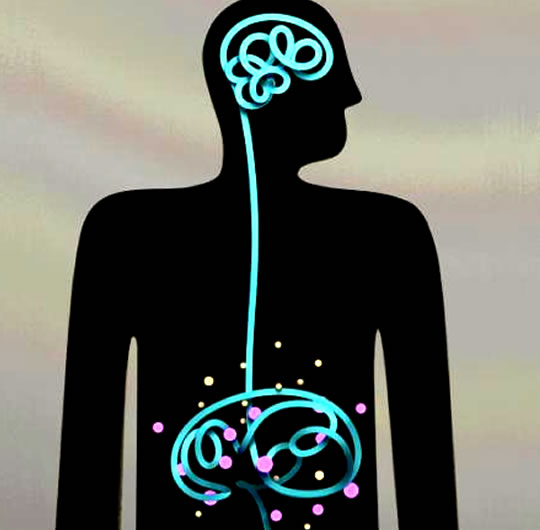The supplement starts to take effect after only two weeks, the researchers found.
Over-the-counter magnesium is a safe and effective way to treat mild to moderate depression, a new study suggests.
The mineral magnesium has already been linked to lower inflammation and improvements in depression.
Now a new randomised controlled trial has tested the effects of magnesium chloride supplements compared with no treatment.
→ Try Dr Jeremy Dean’s ebook “Activate: How To Find Joy Again By Changing What You Do“
For the research, half of 126 people with mild to moderate depression were given 248mg of magnesium chloride per day for six weeks.
After just two weeks, some positive effects of the supplement could be seen.
Those taking magnesium had clinically significant improvements over the six weeks.
People did not have any problems taking magnesium and there were no differences based on sex, age, whether people were also taking antidepressants, or other factors.
More than half of the people in the study said they would continue to take magnesium to help them with their depression.
Ms Emily Tarleton, the study’s first author, said:
“This is the first randomized clinical trial looking at the effect of magnesium supplementation on symptoms of depression in U.S. adults.
The results are very encouraging, given the great need for additional treatment options for depression, and our finding that magnesium supplementation provides a safe, fast and inexpensive approach to controlling depressive symptoms.”
Ms Tarleton says that the next stage is to move on to larger populations to see if the results can be replicated.
While many more studies have investigated antidepressant medications, there is also much evidence of their side-effects.
A survey of people taking antidepressants has found higher than expected levels of emotional numbness, sexual problems and even suicidal thoughts associated with the medication.
Of the 20 adverse effects to antidepressants that people were questioned about:
- 62% said they had ‘sexual difficulties’,
- 52% said they ‘didn’t feel like themselves’,
- 42% noticed a ‘reduction in positive feelings’,
- 39% found themselves ‘caring less about others’,
- and 55% reported ‘withdrawal effects’.
The study was published in the journal PLOS ONE (Tarleton et al., 2017).










